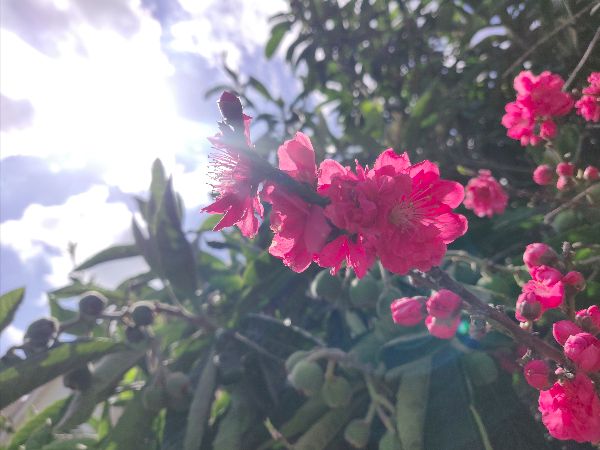The following is part of an ongoing dialogue with the feelings and questions of our time. This month, our Student Liaison Kara London explores the roots of ecofeminism and women’s role in reverence of nature, as we celebrate Women’s History Month.
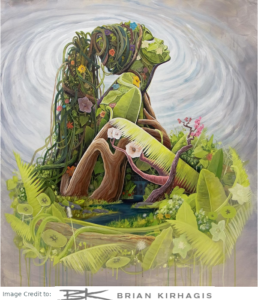 Ecofeminism is identified as an intersectional movement recognizing the inextricable relationship between gender and ecological issues. Ecofeminist theory proposes that the oppression of women and the exploitation of nature are directly linked and reinforced through patriarchal structures of dominance and control. Though the term ecofeminism was first coined by the French author, labor rights activist, environmentalist, and feminist Françoise d’Eaubonne, we can identify the roots of ecofeminism, and the protection of nature by our mothers, grandmothers, and aunties, at least 10,000 years ago in goddess worshipping cultures across the world.
Ecofeminism is identified as an intersectional movement recognizing the inextricable relationship between gender and ecological issues. Ecofeminist theory proposes that the oppression of women and the exploitation of nature are directly linked and reinforced through patriarchal structures of dominance and control. Though the term ecofeminism was first coined by the French author, labor rights activist, environmentalist, and feminist Françoise d’Eaubonne, we can identify the roots of ecofeminism, and the protection of nature by our mothers, grandmothers, and aunties, at least 10,000 years ago in goddess worshipping cultures across the world.
One of the most salient examples of the value of women in preserving connection with nature comes from the lineages of female healers.  In South America they may be called curanderas or machi (Chile). In Africa, in Chewa country, she may be called makewana which “translates to ‘Mother of Children.’” The dukun in Indonesian culture or the völur in medieval Scandinavia alike, were revered shamans. Across many of these traditional roles, these healers relied on plant medicine, prophecy from the stars, ecstatic dance, and drumming, for healing and sacred ceremony. Sadly, for many, over the centuries their practices have been vilified or buried through the forces of colonialism, patriarchy, witch hunts, and religious persecution. With this, their power and status as respected figures in the community, and their central connection with nature was lost or repressed.
In South America they may be called curanderas or machi (Chile). In Africa, in Chewa country, she may be called makewana which “translates to ‘Mother of Children.’” The dukun in Indonesian culture or the völur in medieval Scandinavia alike, were revered shamans. Across many of these traditional roles, these healers relied on plant medicine, prophecy from the stars, ecstatic dance, and drumming, for healing and sacred ceremony. Sadly, for many, over the centuries their practices have been vilified or buried through the forces of colonialism, patriarchy, witch hunts, and religious persecution. With this, their power and status as respected figures in the community, and their central connection with nature was lost or repressed.
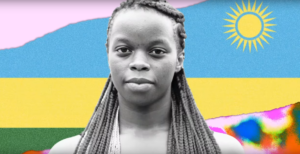 However, there is a growing awareness and movement towards integrating traditional, indigenous, and Earth connected ways of knowing, and the returning power of the sacred feminine. One of the paths towards this is through the modern day ecofeminist movement. From venerable elders like Starhawk and Vandana Shiva to courageous youth like Ineza Umuhoza Grace, women are rising, joining in community, and stepping forward on behalf of life. Great thinkers like Ayana Elizabeth Johnson and Katherine K. Wilkinson, editors of All We Can Save, are reimagining a “more faithfully feminist (world), rooted in compassion, connection, creativity, and collaboration.” This Women’s History month, may we recognize and celebrate the women who are centering the value and the vital need to protect and honor nature for the goodness of all.
However, there is a growing awareness and movement towards integrating traditional, indigenous, and Earth connected ways of knowing, and the returning power of the sacred feminine. One of the paths towards this is through the modern day ecofeminist movement. From venerable elders like Starhawk and Vandana Shiva to courageous youth like Ineza Umuhoza Grace, women are rising, joining in community, and stepping forward on behalf of life. Great thinkers like Ayana Elizabeth Johnson and Katherine K. Wilkinson, editors of All We Can Save, are reimagining a “more faithfully feminist (world), rooted in compassion, connection, creativity, and collaboration.” This Women’s History month, may we recognize and celebrate the women who are centering the value and the vital need to protect and honor nature for the goodness of all.
Sending the brightness and courage of Earth-centered healing,
Kara, Ariana, and the Earthbody Team
NATURE PRACTICE
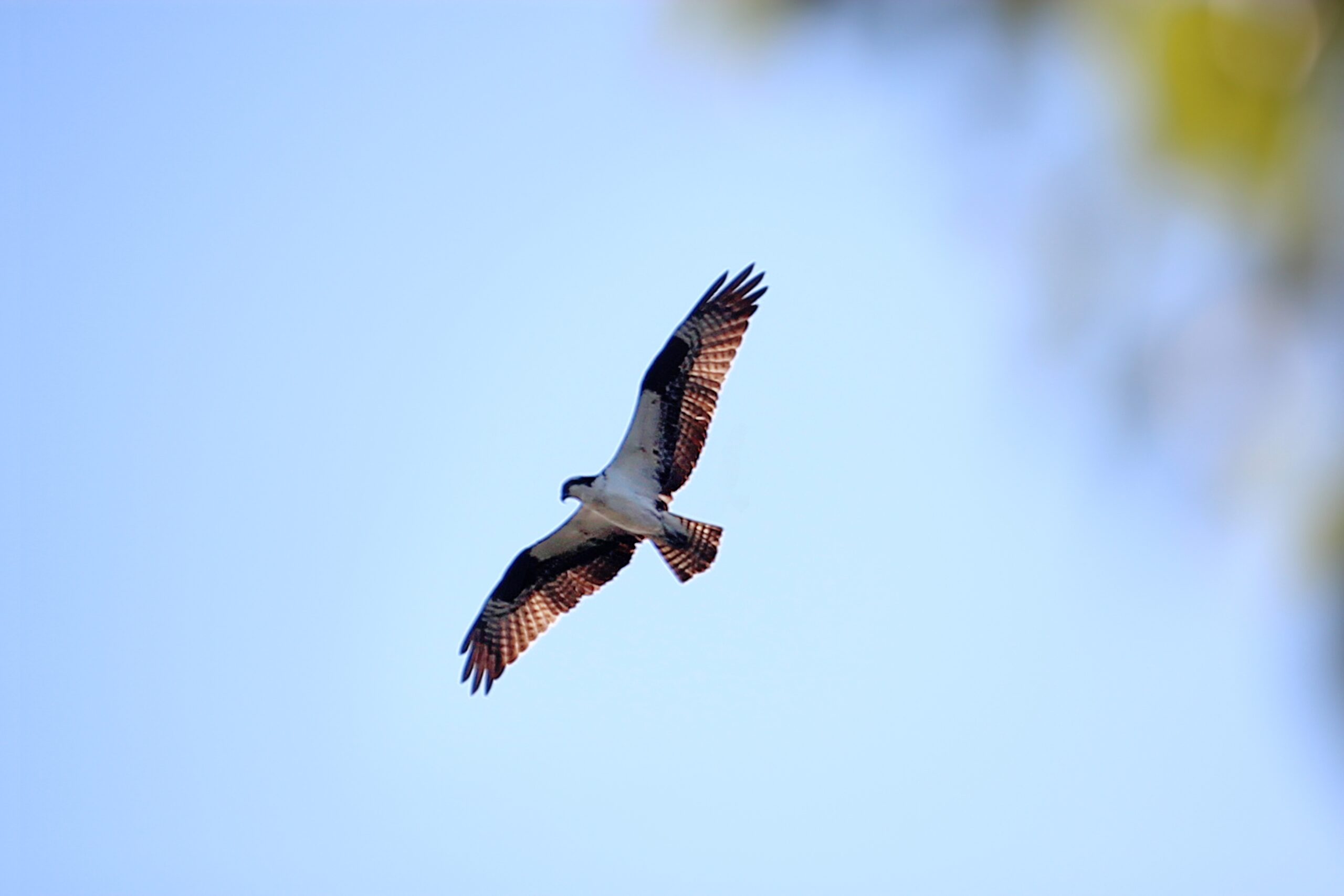
Practice for Synesthetic Touch
This practice was inspired by the “Textures of a Wild World” observation and inquiry written by our teacher Ryan Van Lenning, in which he explores:
What if we practice not just touch through our fingertips, but through our footpads, the proprioceptive sensations of the body, and touch through our eyes? This requires a sort of synesthetic, inner and outer tuning, or merging of senses. Can we see the movement of the leaves in the wind and then sense into how that movement can be felt in the body? As the bird overhead drifts on the breeze, can we feel the rise of the air currents beneath our own wingspan? Take a walk and practice tuning in to all of these aspects of touch with the natural world.
HOPEFUL ACTIVISM
Join us in recognizing these wins for Indigenous people and the Earth!
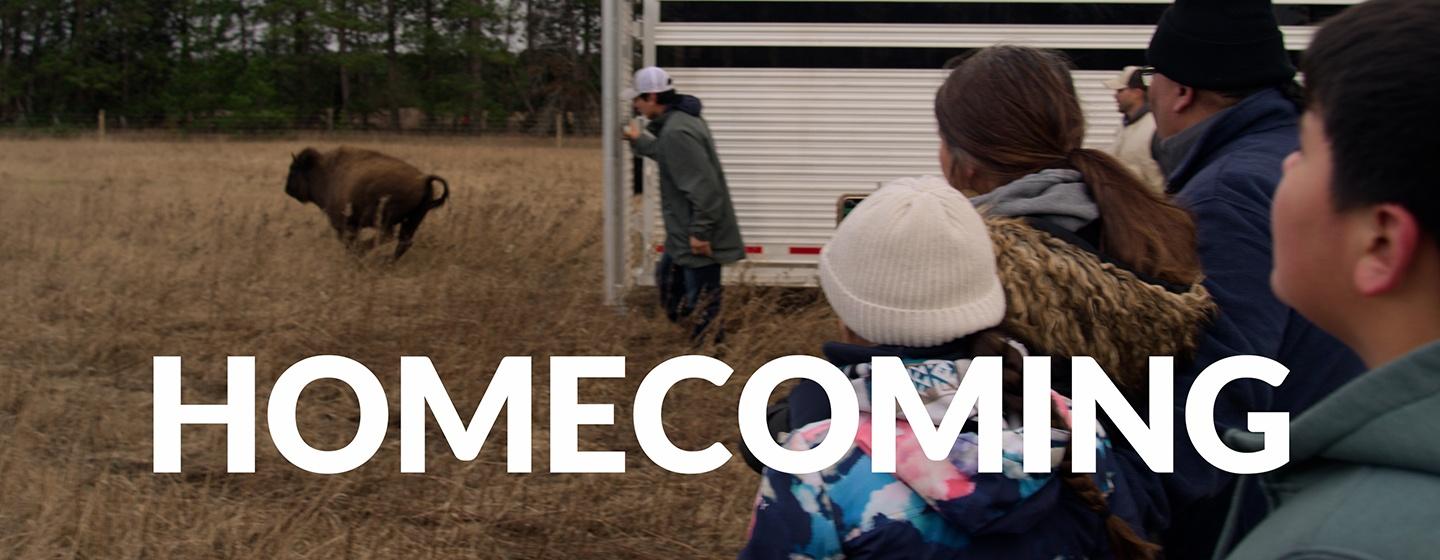
With the aid of the InterTribal Buffalo Council, tribal buffalo restoration is occurring in locations in so-called Wyoming, Montana, South Dakota, and Wisconsin. Buffalo were the “life’s commissary” for Native peoples of the plains and essential to the spiritual belief system of many nations. In “Homecoming,” a short documentary on PBS, Jason Baldes and others speak to the healing that can now occur for Native peoples and the land they steward, as buffalo return to the lands where they once roamed in great numbers.
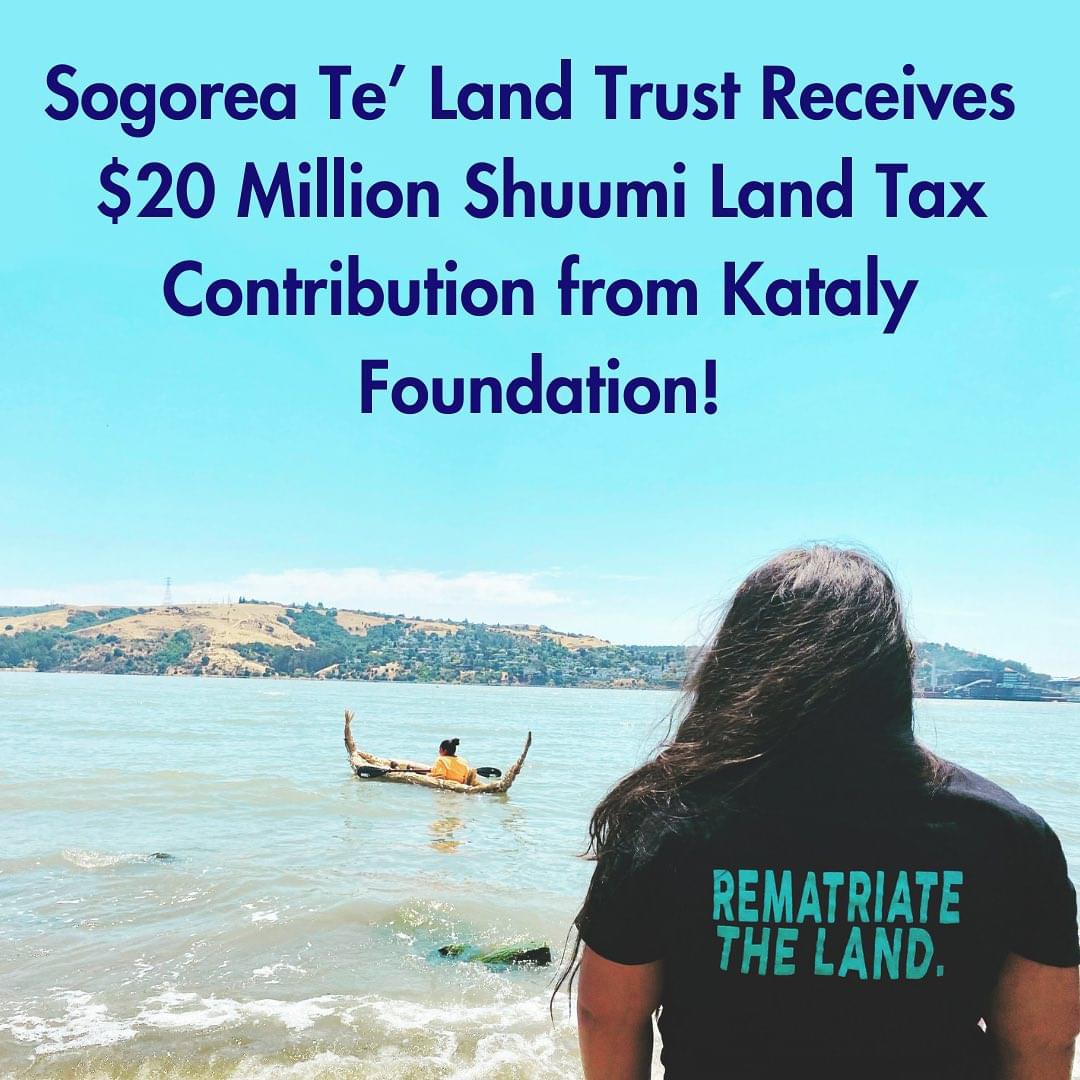
The Sogorea Te’ Land Trust has received a Shuumi contribution of $20 million from Kataly Foundation. This is the single largest known cash gift to a Native land trust in history! The Shuumi Land Tax is an annual contribution that non-Indigenous people who live on Lisjan (Ohlone) territory can make to support Sogorea Te’ Land Trust’s rematriation work. “Shuumi means gift in the Chochenyo language. This gift gives us the ability to stand in sovereignty in our own self-determination to dream and enact rematriation in a different way. It gives us a foundation to plan long term and lay down the work for the next seven generations,” said Johnella LaRose (Shoshone Bannock/Carrizo) cofounder Sogorea Te’ Land Trust.
POETRY AND INSPIRATION
Two of our in-house poets give word to the teachings of Spring blossoms.
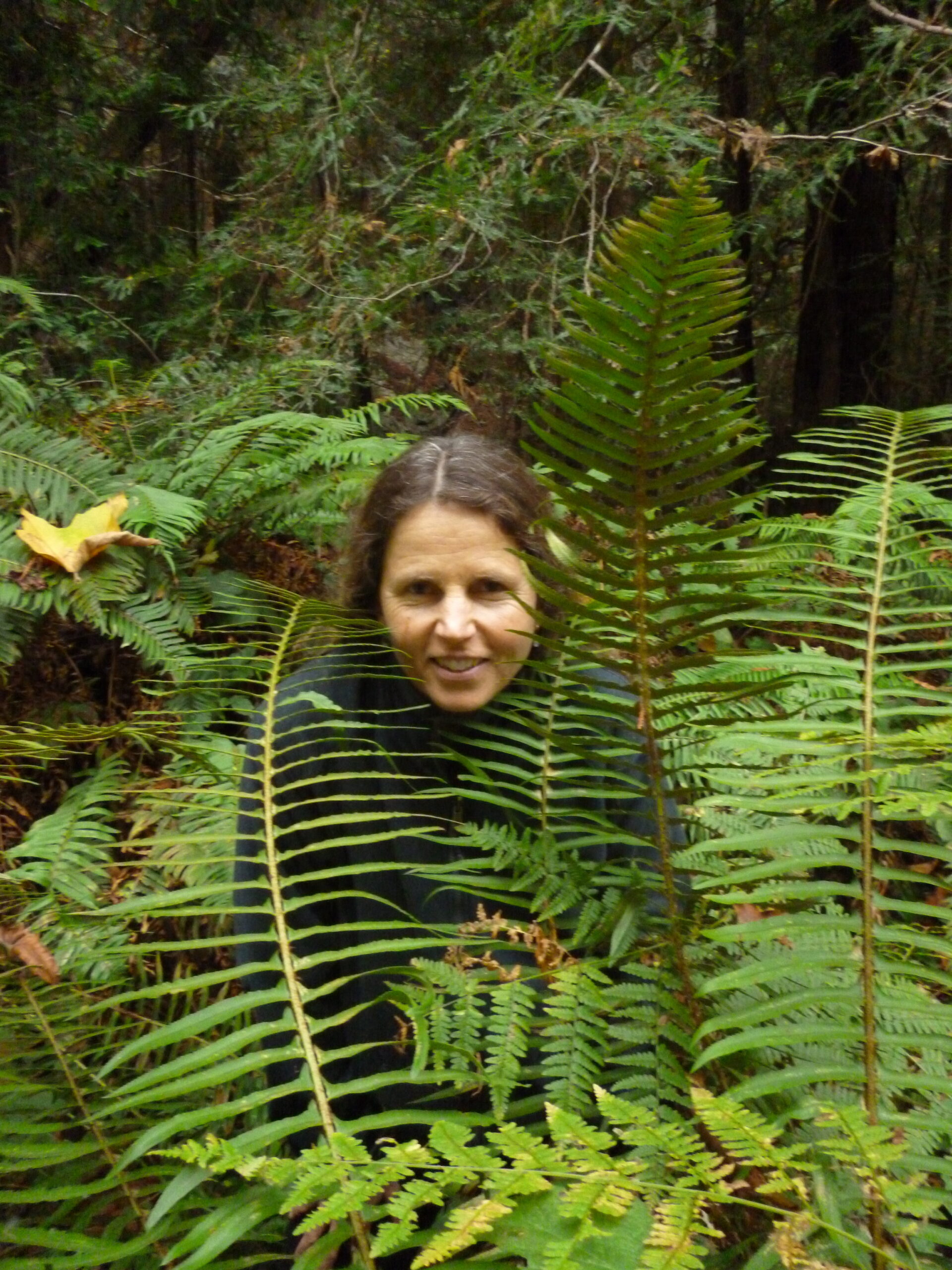
Nectar
By Kai Siedenburg
The white bells
of manzanita blossoms
are so tiny,
the amountof nectar
they hold seemingly
insignificant.
Yet here is
the hummingbird,
eagerly drinking
from the tiny white cups.
Eventhe smallest droplets
of nectar make a difference.
Kai Siedenburg is an integral collaborator and teacher for the Earthbody Institute. She is an accomplished Earth-honoring poet and the author of the Poems of Earth and Spirit series. You can find more about her offerings and poetry at the Our Nature Connection website

Organisms One
By Kara London
If delicate white flowers
And heady, pungent perfume
Mattered the most
Would we touch all beings
With the gentle pressure
Of meeting a lovers skin
Would we know that softness
And subtleness can speak
Loud and carry weight
Would we recognize we
Are but a breath away
From green life, heaven
Would we see that both
The pale and the dark depths
Arise beside one another
Would we know that alone
We are suspended by thin spindles
Together, we form a web
From organic organs
To organisms one
Kara London is Student Liaison for the Earthbody Institute and a current Level 3 student. Her poetry and songwriting are often inspired by the natural, more than human world. Discover her offerings as an Ecotherapist at her website Three Feathers Therapy.
Thank you for reading! We welcome your comments and questions. Contact EBI: earthbodyinstitute@gmail.com.
We acknowledge that The Earthbody Institute is located in Huchiun, in unceded Lisjan territory, now known as Oakland. We honor and support the ancestors and present Lisjan people. We encourage you to learn more and make a donation to support the return of their land and culture.

